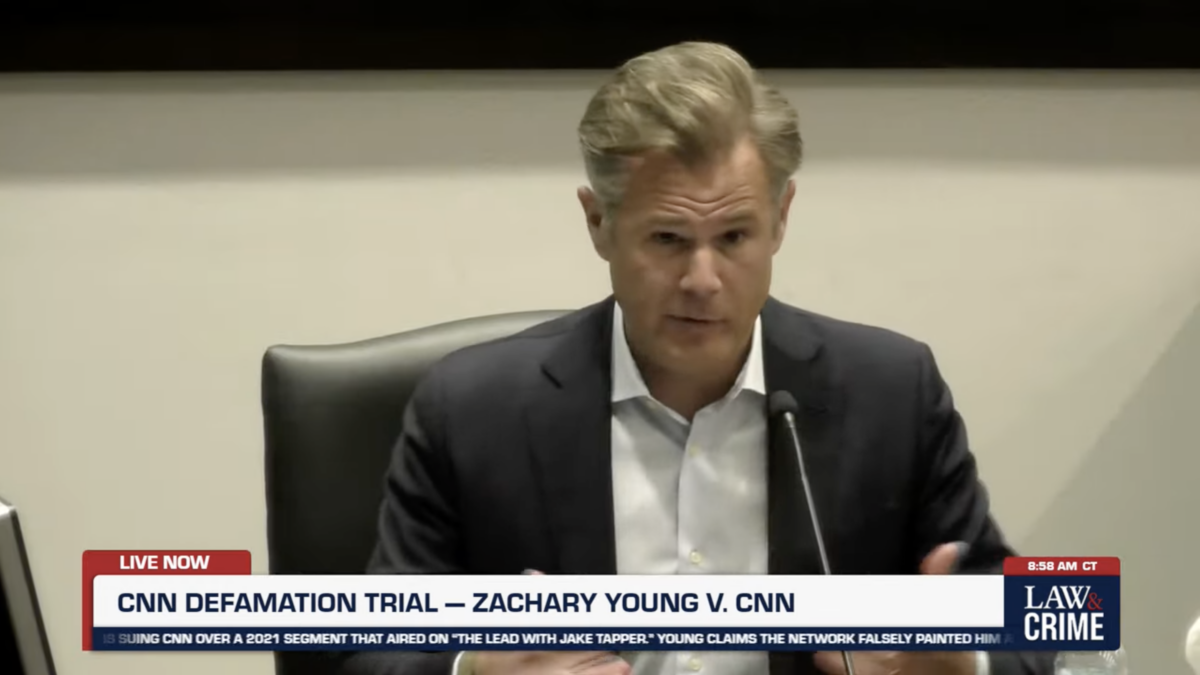In his wandering, disjointed article at Slate, Brian Palmer meant to convey his distrust of Christian missionaries who provide medical care, particularly those serving where Ebola is ravaging the population. Instead, he became another in a long line of critics unintentionally complimenting followers of Christ.
The initial reaction on Twitter to the article was … not pleasant. Ross Douthat said his initial thoughts on the piece were “not printable in a family Twitter account.” Russell Moore, president of the Southern Baptist’s Ethics and Religious Liberty Commission called it “repulsive.”
I understand that response. Some of what Palmer wrote was absurd. He even notes that while his thoughts were milder and less offensive, he had to somewhat agree with Donald Trump and Ann Coulter’s bashing of Kent Brantly and Nancy Writebol, the first missionary health workers who contracted Ebola. He almost seems more concerned about whether Christian missionaries are sharing their faith than whether they are helping people who are sick. “It’s great that these people are doing God’s work, but do they have to talk about Him so much?” he asks. What Christian wouldn’t bristle at such a question?
Yet, if you look closer at Palmer’s piece, it is exactly what we should expect from a secular atheist trying to reconcile a sight of Christians loving others sacrificially. In speaking of a comparison between those seeking to export American consumerism versus missionaries spreading their faith, he writes:
There’s one other big difference between missionaries and Western merchants: The missionaries don’t profit personally from their work. They are compensated very poorly, if at all. Many risk their lives. How many people would risk death to spread the gospel of Western consumer goods gratis?
He knows the missionaries’ actions are praiseworthy, but he wants to condemn them all the same. They are doing admirable work, but they are, unfortunately, doing so in God’s name.
Echoes of Ancient Roman Emperors
As he read Palmer’s piece again, Douthat recognized the struggle displayed in the unsettled ramblings. The New York Times columnist notes that Palmer’s article recalls the befuddled writings of earlier critics of Christianity, namely Pliny the Younger, a second-century Roman governor, and Julian the Apostate, the fourth-century Roman emperor.
In Palmer’s piece, you can particularly hear the echoes of Julian, who bemoaned the acts of charity displayed by Christians, not just toward their own, but for all those in need. In a letter to a pagan priest, Julian wrote: “For it is disgraceful that, when no Jew ever has to beg, and the impious Galilaeans support not only their own poor but ours as well, all men see that our people lack aid from us.” Likewise, Palmer found it disgraceful that secular agencies and governmental organizations are not on the scene and that the only option left is to let those people do what has to be done, and what no one else is willing to do.
He begrudgingly acknowledges that he and his likeminded circle of friends would summarily dismiss all their objections to missionary doctors if only these doctors were secular. For atheists (to paraphrase a guy who was probably just a really nice first-century Middle Eastern moral teacher), the harvest is plentiful, but the workers are undesirable.
Such has been the conundrum in which those opposing Christianity have long found themselves. Followers of Christ often go into the hardest places where others frequently flee. When a pandemic swept through the Roman Empire around the year 250, government leaders fled to stay safe. But Christian leaders like Cyprian and Dionysius stayed to serve the poor and sick. In the years after the third-century plague, Christianity exploded across the empire. People saw how followers of Jesus responded, which led to more and more individuals choosing to follow Christ. When the Ebola outbreak has been contained and others finally consider it safe to return to Liberia and Sierra Leone, they may find the same.
Although they share similar concerns, those like Palmer can find no consolation from Julian. The concerns he expressed to the pagan priest were well-founded. He was unable to persuade pagans to serve the least of these and became the last non-Christian ruler of the Roman Empire. The Christians had won.
Mock Brian Palmer and his Slate article all you want, but history says his worst fears may be realized.
Follow Aaron on Twitter and at his blog, The Wardrobe Door.









